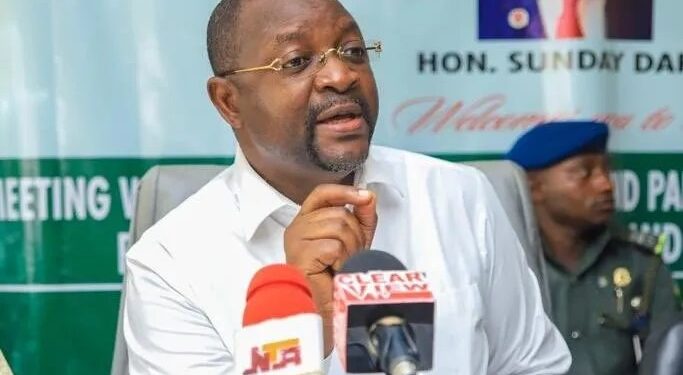The Presidency has vehemently rejected the recent report of the World Bank estimating that 139 million Nigerians are living in poverty, pointing out that the figures do not reflect current realities under the administration of President Bola Tinubu. .
The Special Adviser to the President on Media and Public Communication, Sunday Dare, in a statement, stated that the data quoted by the World Bank must be properly contextualised, stating that it is based on historical and modelled estimates rather than real-time assessments.
The presidential.aide, who said the World Bank’s estimate was gotten from the international poverty benchmark of $2.15 per person per day, set in 2017 under the Purchasing Power Parity (PPP) framework, explained that the figure, when converted to today’s exchange rate, equals about ₦100,000 per month, a figure that is more than Nigeria’s new minimum wage of ₦70,000.
“The measure is an analytical construct, not a direct reflection of local income realities. The poverty assessment under the PPP methodology relies on outdated consumption data, with Nigeria’s last major household survey conducted in 2018/2019.”
He said further that the estimate does not account for the informal and subsistence sectors that sustain millions of households across the country.
The Presidency maintained that the figure should be regarded as a global model estimate, not an empirical representation of conditions in 2025, and emphasised that the country’s poverty trajectory is now one of recovery and inclusive reform.
He rolled out a range of government programmes aimed at reducing poverty and improving living standards, including:
Conditional Cash Transfers (CCT): Expanded to reach 15 million households nationwide, with over ₦297 billion disbursed since 2023.
He said the government is addressing long-standing structural challenges such as overdependence on imports, productivity constraints, and regional disparities.
















